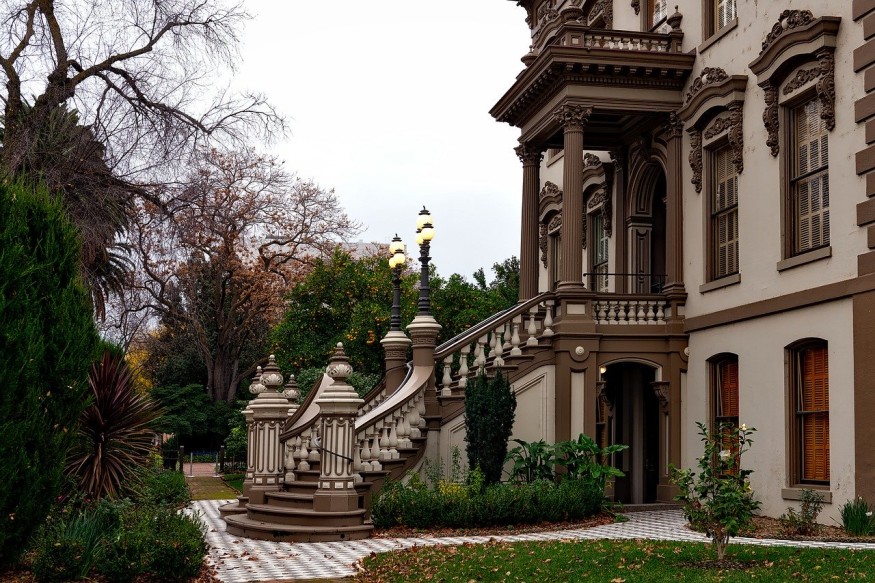
When it comes to buying a home, it is always best to start your search with an open mind. If you don't have a dream property right away, you may want to keep an eye out for every option possible to you. Whether it's a townhouse, a condominium, or a historic home, it's best to give each property a chance. You may never know if that may actually be the perfect property for you.
What is a Historic Home?
Historic homes in the US aren't like any other properties around. Once these properties are determined, the National Park Service then keeps an eye out on it. Every State has Historic Preservation Officers whose aim is to evaluate, survey, and nominate the historic places in their locality.
If there is a property that isn't currently classified as a historic home, you can make one by nominating it. That is the start of the process. Whether your house is 50 years old or not doesn't classify it as historic.
Why Should You Own A Historic Home?
1. Property values increase higher compared to other property types in the market. But if only the home is subjected as historical and not the surrounding environment, its price doesn't rise in the same manner.
2. Historic homes are usually in well-established neighborhoods. That means there will most likely be minimized traffic and growing trees.
3. One of the first things that people notice about historic homes is their beautiful details. This is one of the factors that make historic homes so memorable and pleasing to the eye. This is mostly because a lot of the designs in old homes rarely appear in modern construction.
ALSO READ: These 19th Century Fixer-Uppers Can Be Yours at an Extremely Cheap Price
Why Shouldn't You Own A Historic Home?
1. One drawback of owning a historic home is the limitations that come with preservation and renovation. It may also be more expensive to renovate an old house than a purely modern one. For example, if you wanted to fix a beautiful flooring made out of rare wood, you would have to spend quite a sum of money and time to find the right materials.
2. Another drawback of historic homes is their old electric and plumbing lines. The needs before were different. So we can't entirely count on the wattage provided by the old electrical connections to power up modern electric supplies. The owner may need to have some adjustments done on this if not entirely replace them.
Is Investing In A Historic Home Worth It?
A historic home is a less-traveled path when it comes to real estate investment. But that doesn't mean it's not worth it. If you find a home that's worth the price or if you successfully nominate your home as one, you can begin the decision-making process. It will be up to you if you want to spend more time and money just to improve the property.
These days, more buyers and renters are starting to appreciate the intricate details that come with historic homes. If you successfully handle one, you may be looking forward to a sound investment return.
READ NEXT: Jewel Awards Presented for Rehabilitation and Preservation of Historic La Jolla Homes
© 2026 Realty Today All rights reserved. Do not reproduce without permission.



